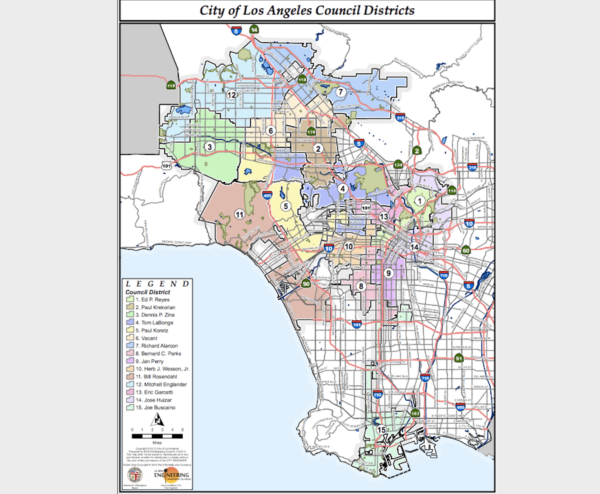The Los Angeles County Board of Supervisors unanimously approved a motion Tuesday requesting that the county study how gaps in the social services system might be contributing to the growing numbers of Latino residents becoming homeless.
Introduced by Supervisor Hilda Solis, the motion asks the Anti-Racism, Diversity, and Inclusion Initiative to work with the Los Angeles Homeless Services Authority to determine if language barriers, documentation status or other factors contributed to a 26% increase in Latino homelessness since 2020, the largest increase in any ethnic group studied in LAHSA’s 2022 Greater Los Angeles Homeless Count.
The motion outlines a few possible barriers to Latinos accessing social services, including barriers for people who might only be able to speak an indigenous language, or barriers for people who are not U.S. citizens.
The motion also puts forward some ideas about why the Latino homeless population is rising, including people losing work and their health during the pandemic, which disproportionately affected older, undocumented people.
“Latinos are not a monolith,” Solis said.
Supervisor Janice Hahn said the increase in Latino homelessness is shocking, and that while the study would focus on Latino homelessness specifically, the study’s insights will also illuminate some of the ways people of all ethnic identities lose their housing.
Supervisor Holly Mitchell added that the study is not detrimental to any group, and will “bring forward a change for every Angeleno.”







